In July 2023, while browsing social media, I came across an article by Marvelous Tshuma, known as the Queen of Batonga, urging the public to fund the treatment for a person with Albinism who was on the brink of death. Marvelous Tshuma is the Public Relations Manager for Noble Hands Trust, a nonprofit organization based in Bulawayo, Zimbabwe, dedicated to supporting individuals with Albinism. After seeing this social media post, I began following Marvelous Tshuma and Noble Hands Trust on social media to learn more about their work. My heart ached as I saw the many individuals with Albinism in my home country of Zimbabwe who were suffering and dying due to skin cancer.
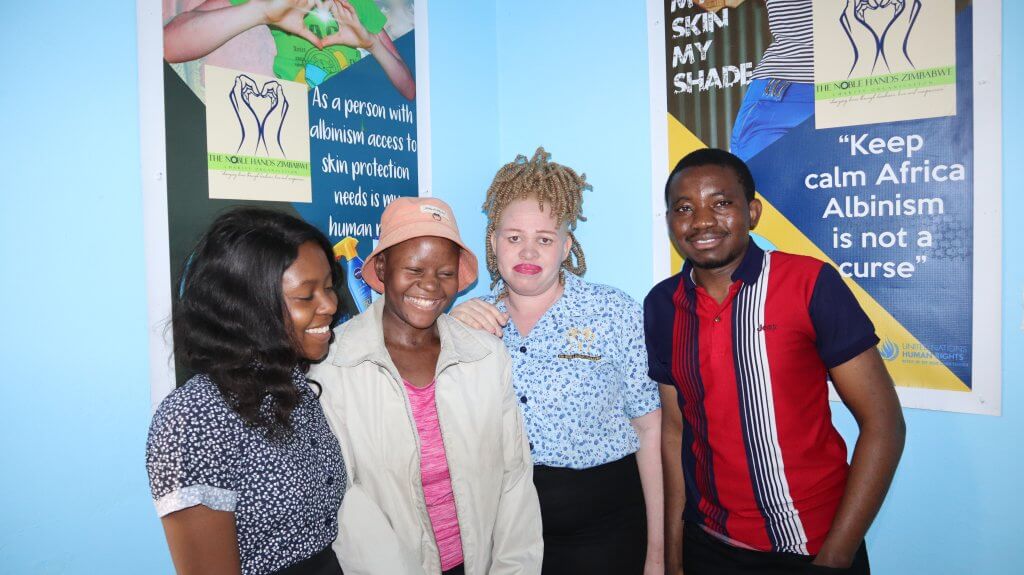
In the Fall of 2023, I decided to delve deeper into the issue of Albinism. Albinism is an inherited condition characterized by a significant reduction in melanin production. Melanin is the pigment responsible for the color of hair, skin, and eyes. Its deficiency results in lighter coloring, visual impairments, and increased sensitivity to sunlight, which significantly heightens the risk of skin cancer. According to the UN, 98% of individuals with Albinism die before the age of 40, with 80% of these deaths attributed to skin cancer. Research indicates that Albinism is more prevalent in Sub-Saharan Africa. While rates vary, in North America and Europe, approximately 1 in 17,000 to 20,000 people has some form of Albinism. In contrast, Sub-Saharan Africa has a significantly higher prevalence. In Tanzania, it’s estimated that 1 in every 1,400 people has Albinism, and in certain populations in Zimbabwe and among specific ethnic groups in Southern Africa, the prevalence can reach as high as 1 in 1,000. The high levels of ultraviolet radiation in Africa exacerbate the situation, increasing the risk of skin cancer for people with Albinism.
Determined to address this issue, I began exploring potential solutions. My research confirmed what I had observed through Noble Hands’ social media: skin cancer was claiming many lives among individuals with Albinism. There is a lack of accessible knowledge on proper skin care for people with Albinism, and limited medical facilities for early skin cancer diagnosis contribute to the high mortality rate. Many patients die because their skin cancer is diagnosed too late, by which time it has often spread throughout the body.

Knowing about the Project for Peace Funding, which supports students working on projects at the intersection of community, peacebuilding and conflict resolution, I was inspired by WHO programs that use health initiatives to promote peace and equity. I developed a project to create a web application with two key features:
- Skin Cancer Screening: This feature allows individuals with Albinism to take a picture of a skin area in question. The application assesses the likelihood of it evolving into melanoma and provides guidance on the next steps.
- Albinism Skin Care Education and Awareness: This feature uses audio and text messages to educate users about Albinism, including recommended clothing for sun protection and safe sun exposure times based on weather conditions. Text messaging is used to address limited internet connectivity in some areas of Zimbabwe, while audio messages cater to those with visual impairments.
I applied for the Project for Peace Fellowship at Oberlin College, where I am studying and was awarded the grant. The past few months I partnered with Noble Hands Trust to implement the project at home in Zimbabwe. Through this partnership, I traveled to immerse myself in communities of individuals living with Albinism to better understand their lifestyles, challenges, and potential solutions. Spending time with the community confirmed that my proposed ideas were relevant and needed.
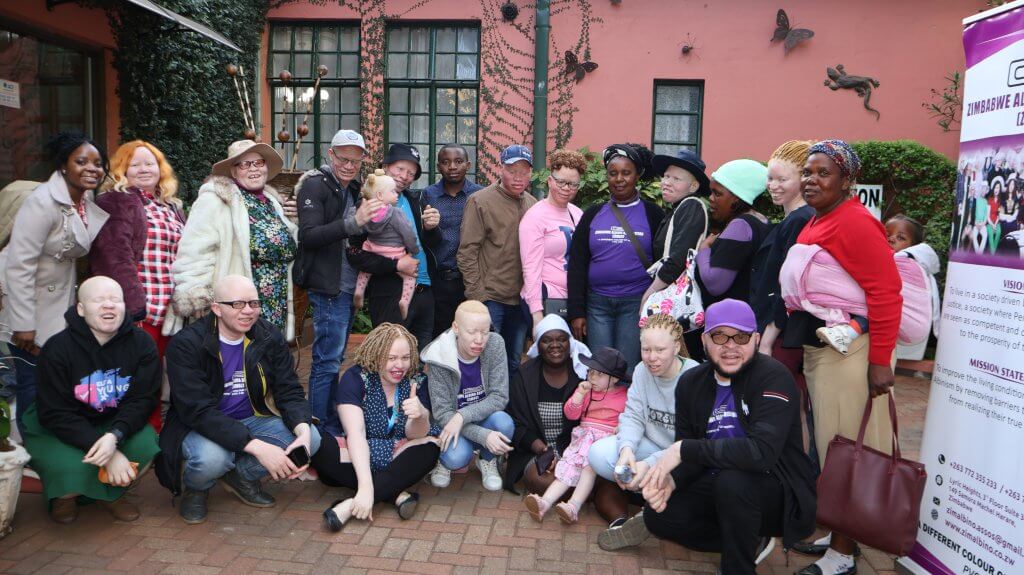
This summer, I successfully developed the skin cancer education feature, which is now in the deployment phase. I am currently working on securing the personal data of users, including their locations and phone numbers. For the skin cancer screening component, I have trained and tested a model with 80% validation accuracy. One challenge I faced was an imbalanced dataset, so I am working on data augmentation techniques to improve the model’s accuracy and generalization. Additionally, with the help of Noble Hands Trust, I have connected with dermatologists in Zimbabwe who specialize in skin cancer research. We are discussing compliance with local regulations, including the requirement for medical diagnostic devices to achieve 95% accuracy. It has been an incredibly rewarding summer.
If all goes well, I expect to launch the minimum viable product of the application, featuring both functionalities, in December 2024. As a USAP student, I learned to center the value of service and am excited to merge service with my academic pursuits in computer science.
Hailing from Chitungwiza, Tanaka Ndove was part of the inaugural class of USAP Community School that graduated in 2021. He is currently a rising junior at Oberlin College studying Computer Science, and wrote this blog post about his experience as a Project for Peace Fellow as part of the Zimbabwe Career Connect program this June and July.
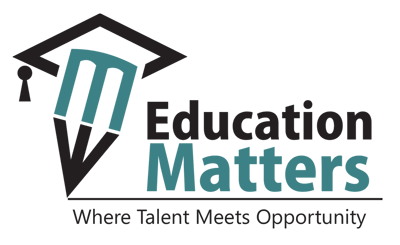

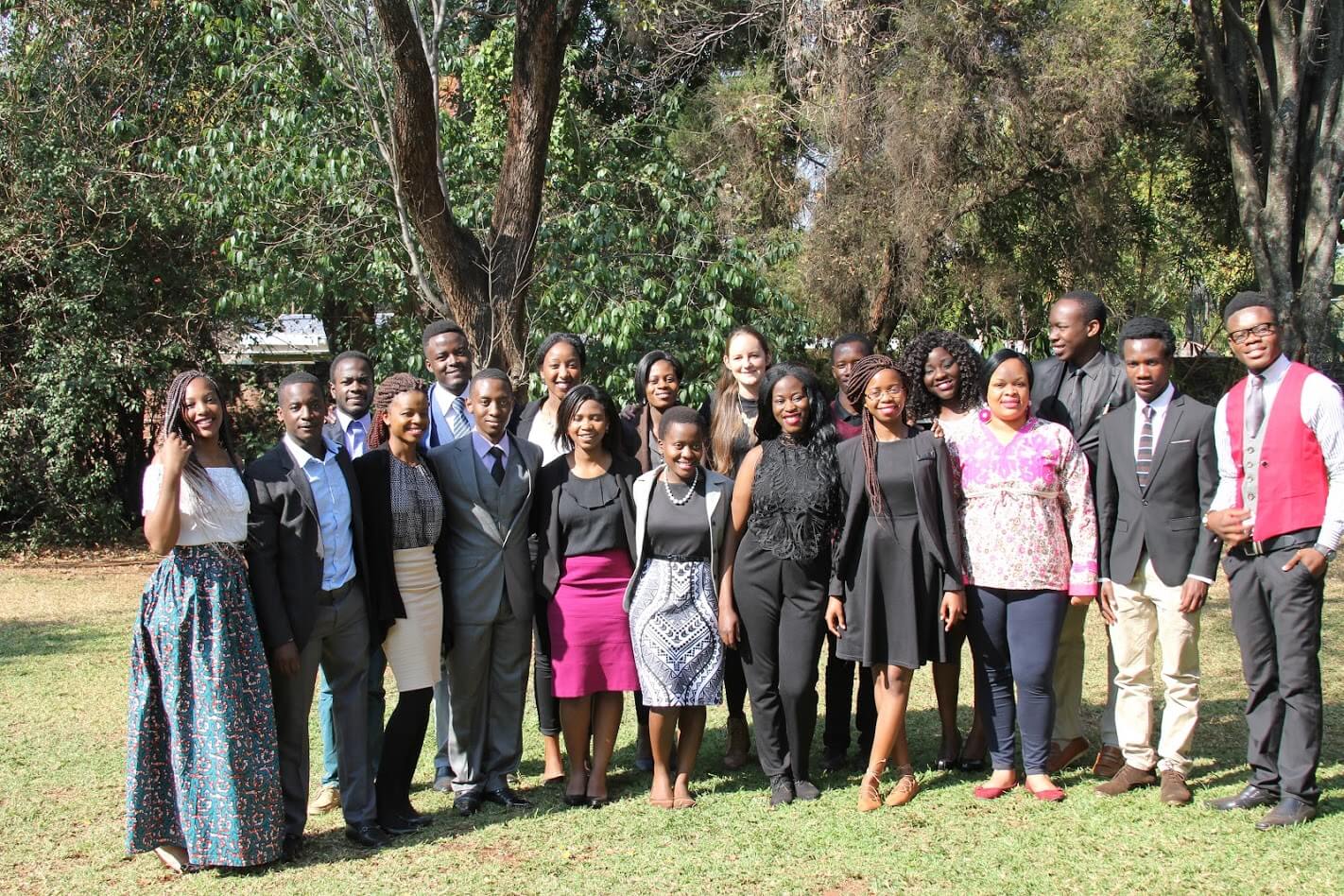
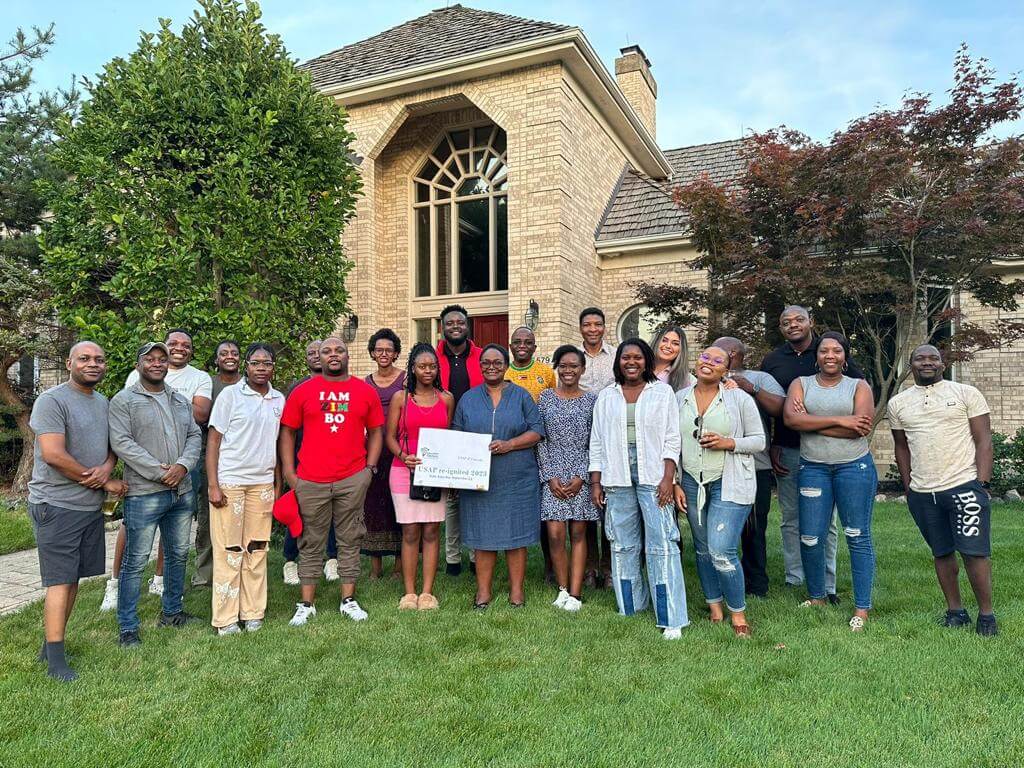
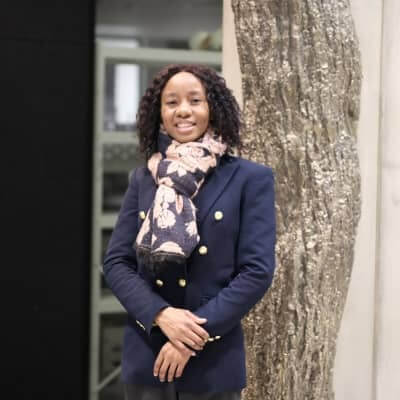
The world really needs more people like you Mr Ndove. We are proud of you #SDG3